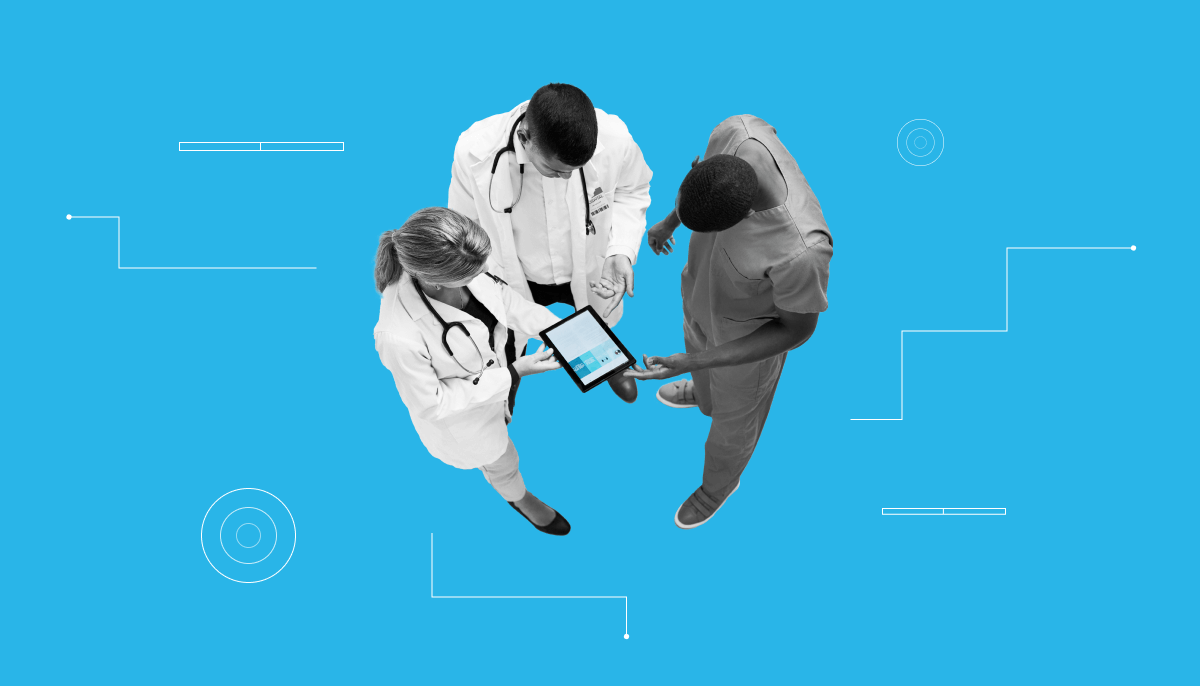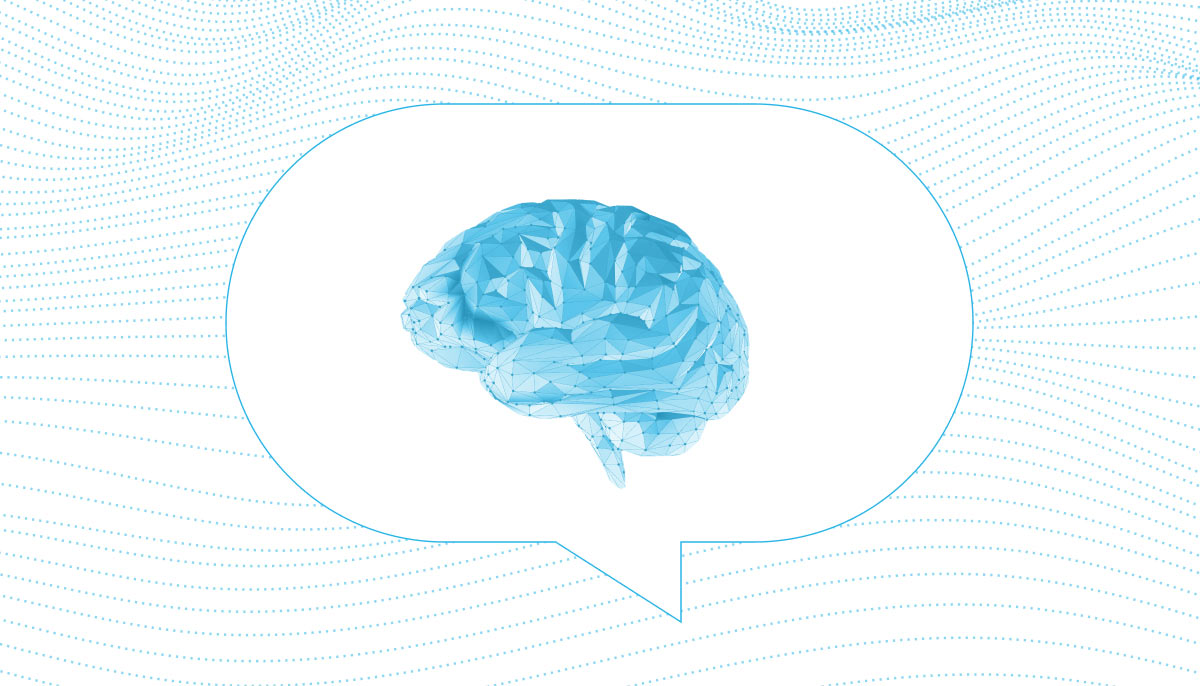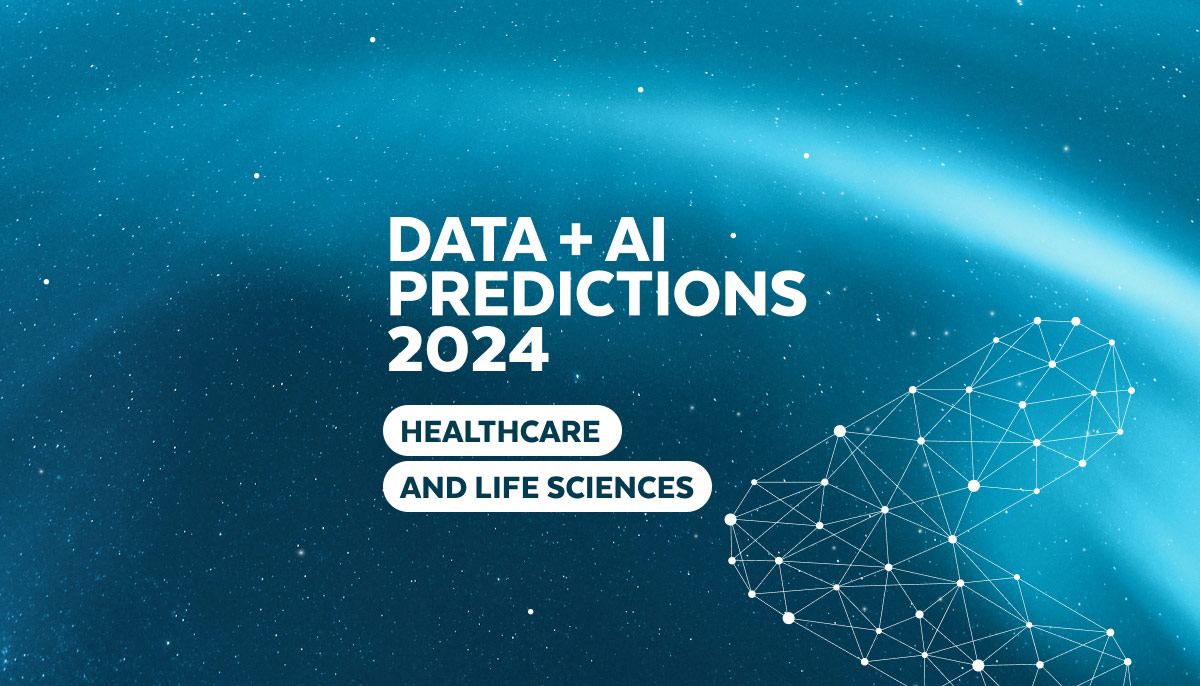Much has been said about how generative AI will impact the healthcare and life sciences industries. While generative AI will never replace a human healthcare provider, it is going a long way toward addressing key challenges and bottlenecks in the industry. And the effects are expected to be far-reaching across the sector.
According to a recent Snowflake report, Healthcare and Life Sciences Data + AI Predictions 2024, the companies that will come out ahead during this time are those that are formulating a comprehensive data strategy now. At the center is a secure, flexible platform that easily collects and analyzes first-party, third-party and partner data. According to the report, “healthcare and life sciences organizations that make having a robust modern data strategy and infrastructure a top priority will see far-reaching benefits both in the immediate and long term.”
Here are five ways healthcare and life sciences organizations are delivering better patient and business outcomes with generative AI:
- Augment clinical decision-making: Physicians, nurses and other medical professionals don’t typically have a lot of extra time. Gen AI can alleviate time pressures by augmenting clinical decision-making and streamlining administrative tasks, such as note-writing. It can be used to alert providers to potential drug interactions and contraindications, and predict a patient’s risk of developing a medical condition based on their health data and demographics.
- Improve care management: Patient care management is complex and dynamic. Gen AI can help address its many factors and nuances by analyzing vast amounts of data in near real time and suggesting the next best actions. Such actions could include analyzing patient and other predictive health data to generate personalized care plans and help manage chronic diseases by continuously monitoring patients’ health status and adherence to treatment regimens.
- Personalize patient/member experiences: Delivering personalized, effective care is increasingly important as more healthcare organizations adopt value-based care models. By analyzing vast data sets, AI allows healthcare payers and providers to quickly determine patient or member preferences, behaviors, sentiments and health trends to develop customized care plans and communications. This in-depth analysis allows them to create highly targeted and relevant plans and content, and refine them throughout the patient’s care journey.
- Accelerate drug discovery and development: Research and development in life sciences is an expensive and lengthy process; drug development, for instance, often takes more than 10 years. By analyzing huge stores of real-world data, OMICS data and clinical trial data, gen AI can predict interactions, identify novel drug targets, and optimize drug efficacy and safety profiles, potentially speeding up drug discovery and development. It can also expedite personalized medicine by tailoring patient treatments based on in-depth clinical data.
- Improve knowledge management: The life sciences ecosystem is complex and constantly evolving, making it challenging for professionals to keep up with the latest developments. With gen AI, life sciences organizations can automate documentation, categorize research data, facilitate efficient information retrieval and more. By organizing vast amounts of data, gen AI tools can also aid in trend analysis by identifying emerging research areas, resulting in more informed decision-making.
To learn more about how healthcare and life sciences organizations can optimize their data strategy to overcome organizational challenges and harness the power of generative AI, download our ebook, Generative AI in Healthcare and Life Sciences: 4 Things You Need to Know.


